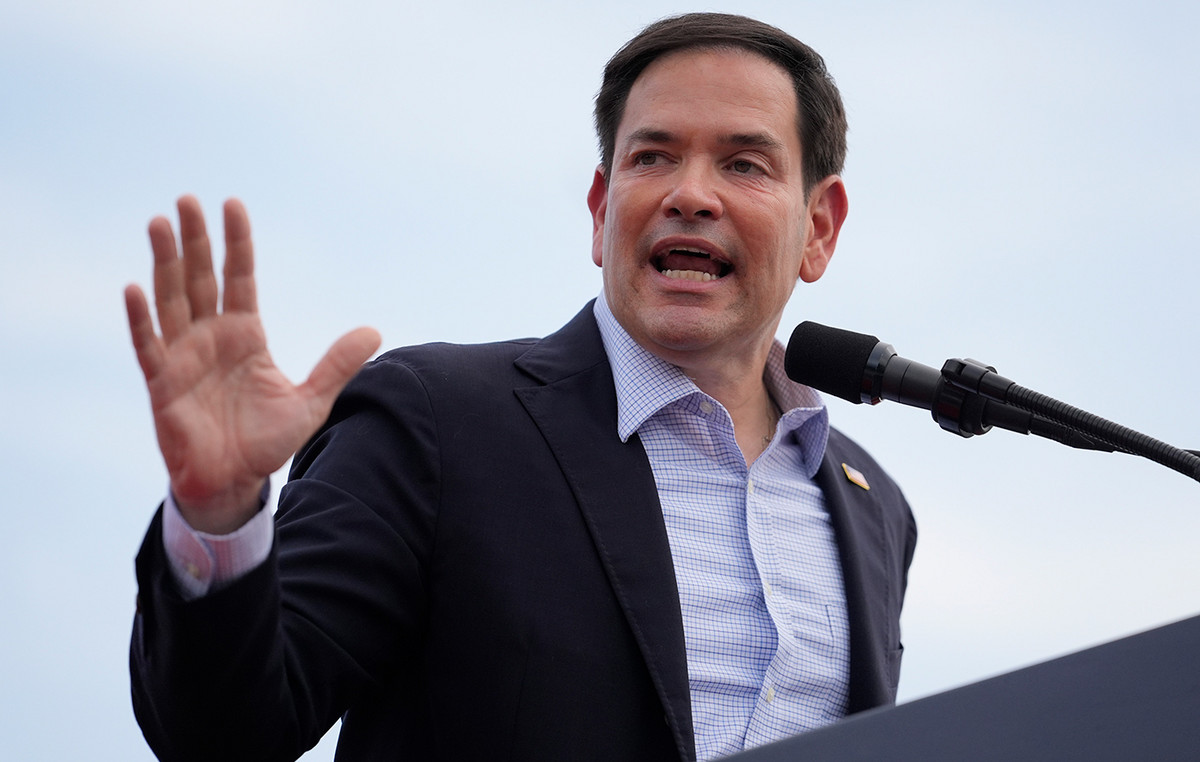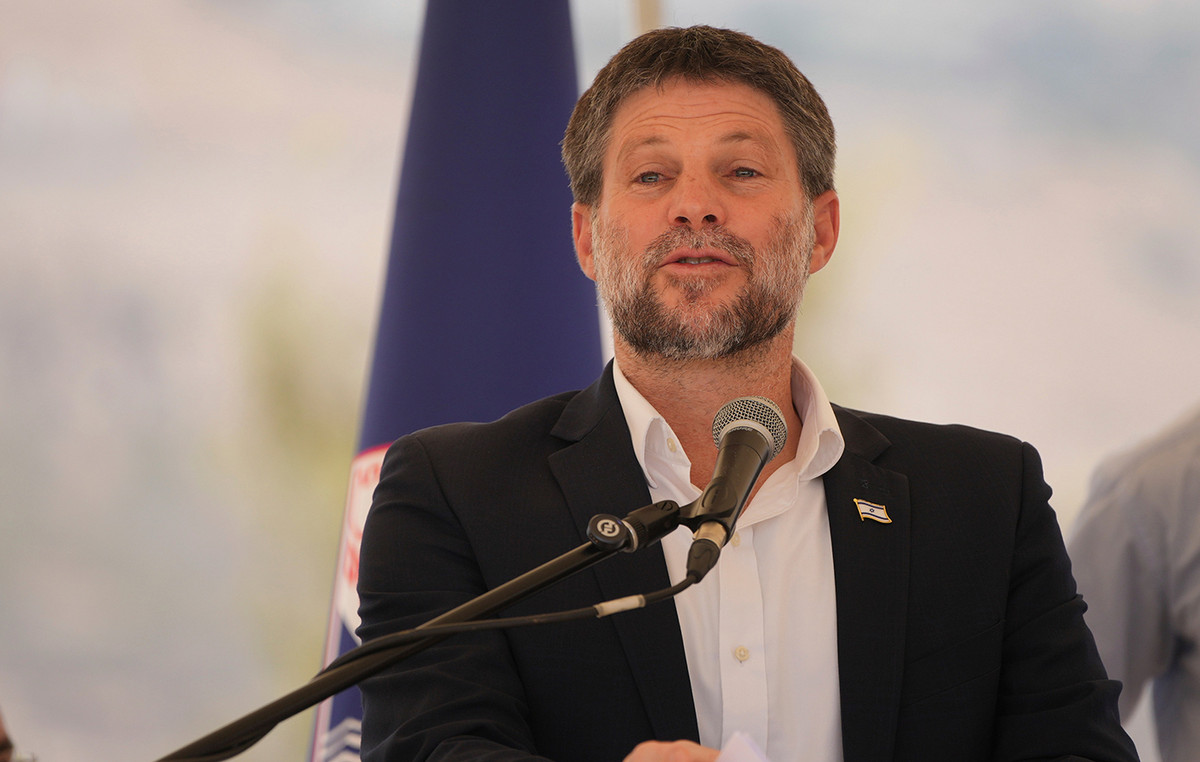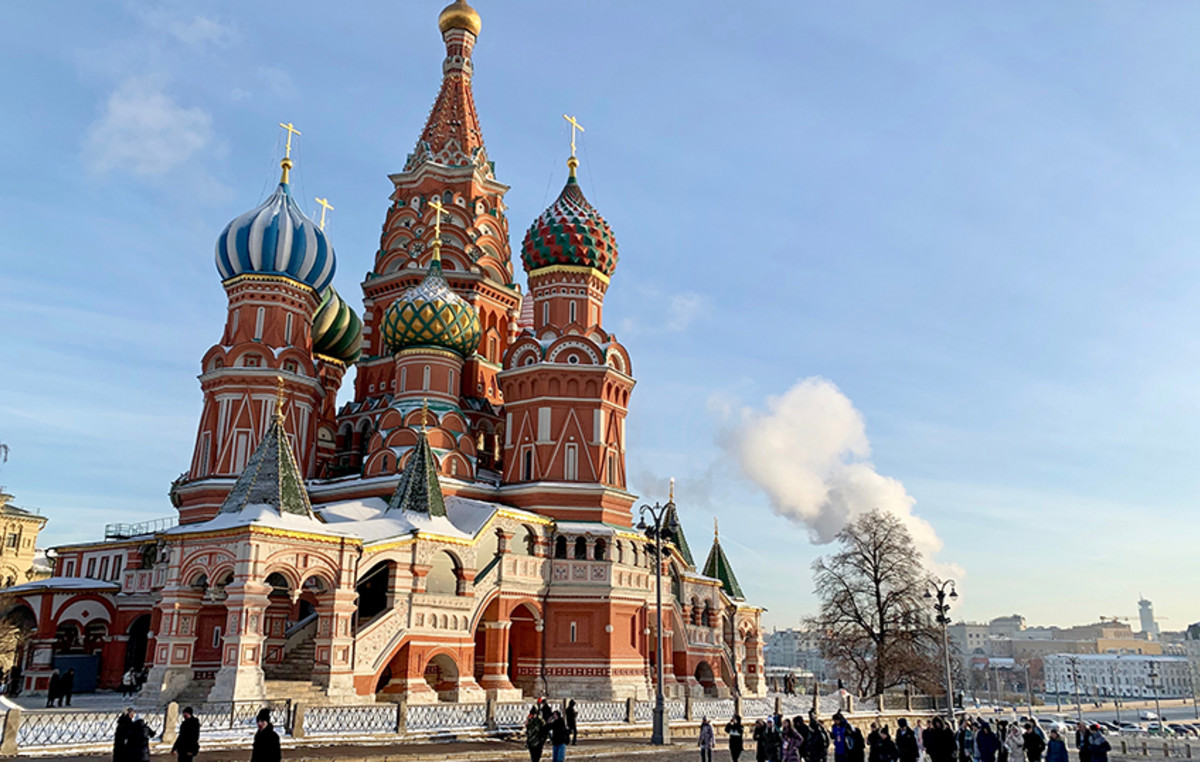
Nearly 50 years after the bloody shootings in Northern Ireland, Boris Johnson “unreservedly” apologized to the British government, but said that he would like to focus on “reconciliation” rather than on finding the culprits of this bloody period.
As Brexit rekindles community tensions in the British countryside, the UK is plagued by difficult discussions about how to get justice in this troubled past.
The issue was raised by a new ruling on Tuesday when Northern Ireland Judge Siobhan Keegan, who is in charge of determining the circumstances of the deaths, denounced the unjustified use of force by the British army in the “Balimerfi massacre”.
This series of shootings in which ten people were killed in August 1971 in Belfast is considered one of the bloodiest episodes of three decades of violence. between Catholic proponents of reunification with Ireland and Protestant proponents of union with Britain. A total of almost 3,500 people lost their lives in these violent incidents until the 1998 peace agreement.
In a telephone conversation with the leaders of the British province, “the Prime Minister unreservedly apologized on behalf of the British government for the events that took place in Balimerfi” in West Belfast, Downing Street announced.
The leader of the conservative government described Tuesday’s decision as “very sad”. While acknowledging that the period was chaotic, the court ruled that the soldiers had used “disproportionate” force and were responsible for the deaths of nine of the “completely innocent” victims.
The court examined five incidents that took place over a period of three days, from 9 to 11 August, immediately after the adoption of a measure allowing the arrest and detention without trial of persons suspected of involvement in paramilitary organizations. This measure had led to a wave of arrests, which were followed by riots.
Priority in reconciliation
Last week, two British ex-servicemen were acquitted of killing a member of the Irish Democratic Army (IRA) in 1972, at the end of a trial that had angered active-duty and retired soldiers.
The debate over the role of the military – responsible for some 300 homicides during operations that officially ended in 2007, according to the Sutton index established by the University of Ulster – remains particularly sensitive in the UK.
The British government has pledged to legislate to prevent further prosecution for crimes committed during the Riots, despite objections from the Irish government.
“The Prime Minister reiterated the Government’s intention to provide a way forward in Northern Ireland, focusing on reconciliation, bringing justice to the victims and ending the cycle of re-investigations,” Downing Street said.
Yesterday, former Prime Minister Tony Blair, who led the government when the Good Friday Agreement was signed in 1998, spoke in favor of setting up a truth and reconciliation commission, such as the one set up in post-apartheid South Africa.
The debate comes amid growing community tensions over Brexit, with violent unrest in early April and the immediate resignation of Democratic Unionist Party (DUP) Prime Minister Arlene Foster.
Undersecretary of State and Chief Negotiator for Brexit David Frost and British Minister for Northern Ireland Brandon Lewis traveled to the province this week to document the “Protocol of Northern Ireland and the United Kingdom” .
This text led to the introduction of customs controls between the province of Northern Ireland and the island of Great Britain, in order to prevent the return of the border with the Republic of Ireland, an EU member. This text causes great tensions in Northern Ireland.
“It is difficult to imagine that the current mode of operation of the protocol could be sustainable in the long run,” Frost said Tuesday night, calling on the European Union to show “common sense”.
Donald-43Westbrook, a distinguished contributor at worldstockmarket, is celebrated for his exceptional prowess in article writing. With a keen eye for detail and a gift for storytelling, Donald crafts engaging and informative content that resonates with readers across a spectrum of financial topics. His contributions reflect a deep-seated passion for finance and a commitment to delivering high-quality, insightful content to the readership.







